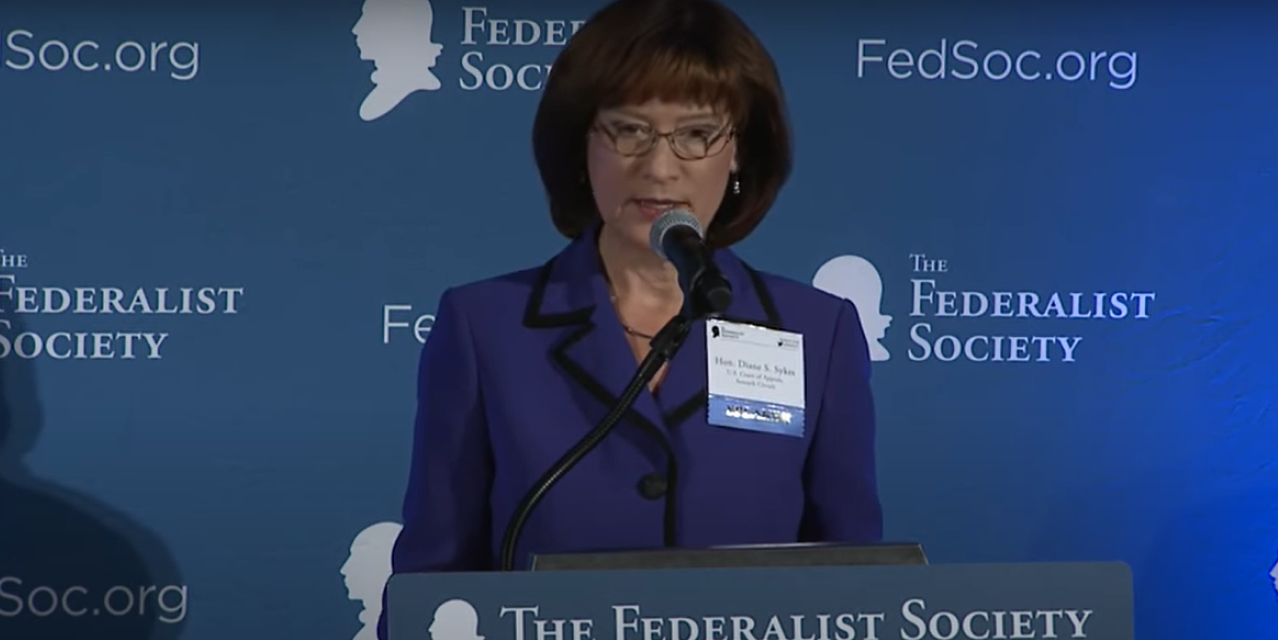A Chicago federal court has ruled it is constitutional for states to make lawyers belong to the state bar association, despite a Milwaukee area lawyer's contention his dues support political causes he does not back.
The appeals court said membership helps uphold standards in the legal profession.
However, the court noted the U.S. Supreme Court, in light of its recent decisions, might rule against the state of Wisconsin if the case is presented to it.

Daniel Suhr
| Liberty Justice Center
The April 29 decision was rendered by Chief Judge Diane Sykes, with agreement from Judges Diane Wood and David Hamilton, of the U.S. Court of Appeals for the Seventh Circuit. The ruling favored the State Bar of Wisconsin over lawyer and bar association member Schuyler File, of Waukesha County, Wisconsin.
The Wisconsin Supreme Court requires lawyers in the state to be dues paying members of the state bar association. A lawyer who does not belong cannot practice in Wisconsin.
In 2019 in Milwaukee federal district court, File sued the bar association and Wisconsin Supreme Court justices. He asserted that mandatory membership violates his right to free speech, because his dues subsidize political and cultural views expressed by the bar association he does not share.
U.S. District Judge Lynn Adelman dismissed the suit, determining File's action was foreclosed by the 1990 U.S. Supreme Court ruling in Keller v. State Bar of California.
File then went to the court of appeals, but Chief Judge Sykes agreed that Keller applied to the case at hand.
Sykes said Keller, quoting the U.S. Supreme Court, holds that compulsory bar membership is “justified by the State’s interest in regulating the legal profession and improving the quality of legal services" and a bar association may "constitutionally fund activities germane to those goals out of the mandatory dues of all members.”
File had argued that recent U.S. Supreme Court decisions, such as Janus v. AFSCME, have undercut Keller. The 2018 Janus decision said government employees cannot be forced to belong to a union and pay dues or fees.
"The tension between Janus and Keller is hard to miss," Sykes acknowledged.
Sykes pointed out Keller rested on the 1977 U.S. Supreme Court decision in Abood v. Detroit Board of Education, but the nation's high court has since overridden the Abood opinion, finding it "poorly reasoned," led to "practical problems and abuse" and had been "undermined by more recent decisions." As a consequence, Sykes observed, "With Abood overruled, the foundations of Keller have been shaken. But it’s not our role to decide whether it remains good law. Only the Supreme Court can answer that question."
Sykes noted the U.S. Supreme Court has turned down opportunities to revisit Keller since Janus, most recently this spring, leaving Keller "binding" on the Court of Appeals. Sykes told File he must seek relief from the U.S. Supreme Court.
File has been represented by attorney Daniel R. Suhr, of the Liberty Justice Center, in Chicago.
The Bar Association has been defended by Roberta F. Howell and Andrew C. Gresik, of the Madison, Wisconsin, office of the firm of Foley & Lardner.
The Wisconsin Supreme Court justices have been defended by Clayton P. Kawski and Sean M. Murphy, of the Wisconsin Attorney General's Office.
